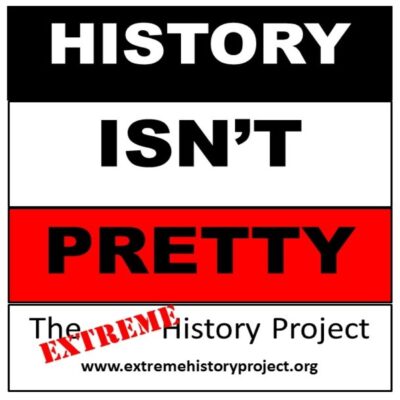Join us as we talk with Anthony Wood about his new book, Black Montana: Settler Colonialism and the Erosion of the Racial Frontier, 1877-1930. Anthony talks with us about his work on the Montana African American Heritage Resources Project and how this inspired him to delve deeper into the history of Montana’s Black communities. His book explores the entanglements of race, settler colonialism, and the emergence of state and regional identity in the American West during the nineteenth and twentieth centuries. By producing conditions of social, cultural, and economic precarity that undermined Black Montanans’ networks of kinship, community, and financial security, the state of Montana, in its capacity as a settler colony, worked to exclude the Black community that began to form inside its borders after Reconstruction. We unpack this to better understand why Montana’s Black community, and much of Montana’s diverse early communities, left Montana before 1930. Anthony is a PhD candidate in the Department of History at the University of Michigan. He worked as a historian for the Montana Historical Society on Montana’s African American Heritage Places Project.
For further reading:
Black Montana: Settler Colonialism and the Erosion of the Racial Frontier, 1877 – 1930 by Anthony Wood
What Comes Naturally: Miscegenation Law and the Making of Race in America by Peggy Pascoe
Montana’s African American Heritage Resources Project https://mhs.mt.gov/Shpo/AfricanAmericans/
Race and the Wild West: Sarah Bickford, the Montana Vigilantes, and the Tourism of Decline, 1870–1930
By Laura J. Arata
or Download
